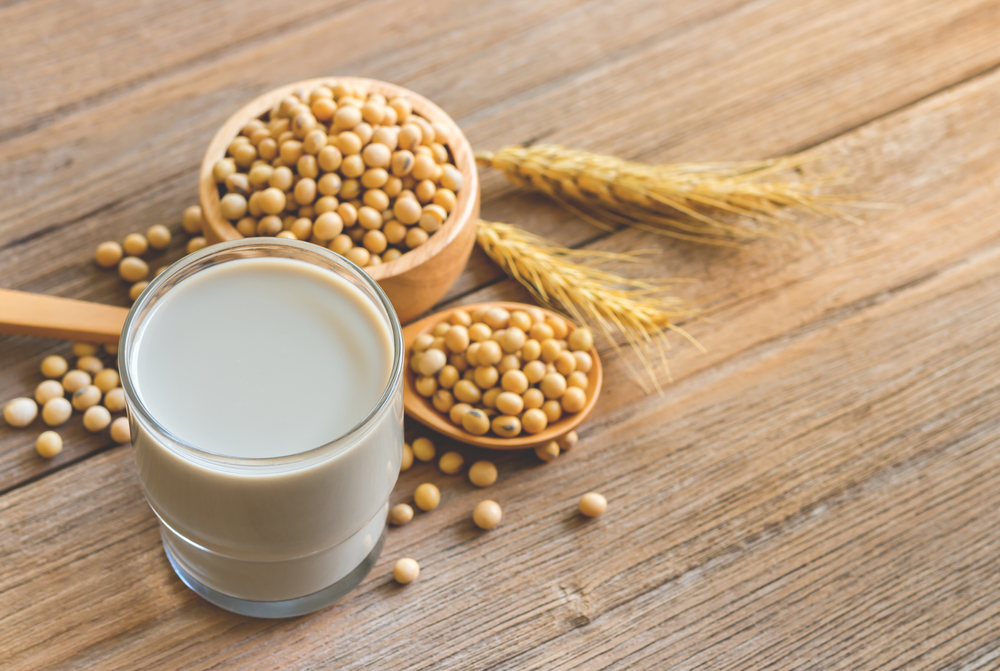
Plant-based Beverages
Plant-based drinks are increasingly popular and appreciated products, because they not only represent an alternative way to cow’s milk for those who are intolerant, but also because they are compatible with the choices of those citizens-consumers that do not consume dairy product for ethical and environmental reasons.
Indeed, opting for plant-based beverages brings benefits the environment, but as well benefits in terms of healthiness, thanks to their low saturated fat content and increased digestibility.
Plant-based beverages can have different types of food base: soy, fruits like almonds, coconut and hazelnut, cereals like rice, oat, spelt, cannabis, buckwheat and corn. Differently from animal milk, vegetable drinks are sterilized in order to be sold at room temperature and, in some cases, aromas and sugars can be added to modify partially the flavour.
The production phases of plant-based drinks are:
- Soaking of the cereal/fruit/soy, obtaining a semi-finished product from which the solid part is separated from the liquid part, that is the basic beverage;
- Addition of calcium, vitamins and sugar and possible flavourings;
- Sterilization UHT;
- Homogenization;
- Cooling;
- Packaging;
- Storing;
- Transport of goods.
In terms of environmental impact, the agri-food chain production of plant-based drinks has the advantage of being a low Greenhouse Gases production. As well the water consume is reduced significantly in the productive processes, compared to the production of cow’s milk.
Process and Product Innovation
The shift to the Industry 4.0 is a moment of deep change and innovation capable to disrupt all the sectors.
The industry 4.0 is considered as a new Industrial Revolution that appears to be even more disruptive of the previous ones. It is seen as such because it is born from the convergence of the IT and OT technologies to create a digit...
Supply chains involved:
Plant-based Beverages Coffee Cereals Chocolate Canned Foods Beer Dairy Products Nuts Food Supplements and Nutraceuticals Milk Plant oils Fruit and Vegetables Pasta Meat Baking products Sweet products Rice Cold Cuts and Cured Meats WinerySupply chains involved:
Plant-based Beverages Cereals Canned Foods Nuts Fruit and Vegetables Winery